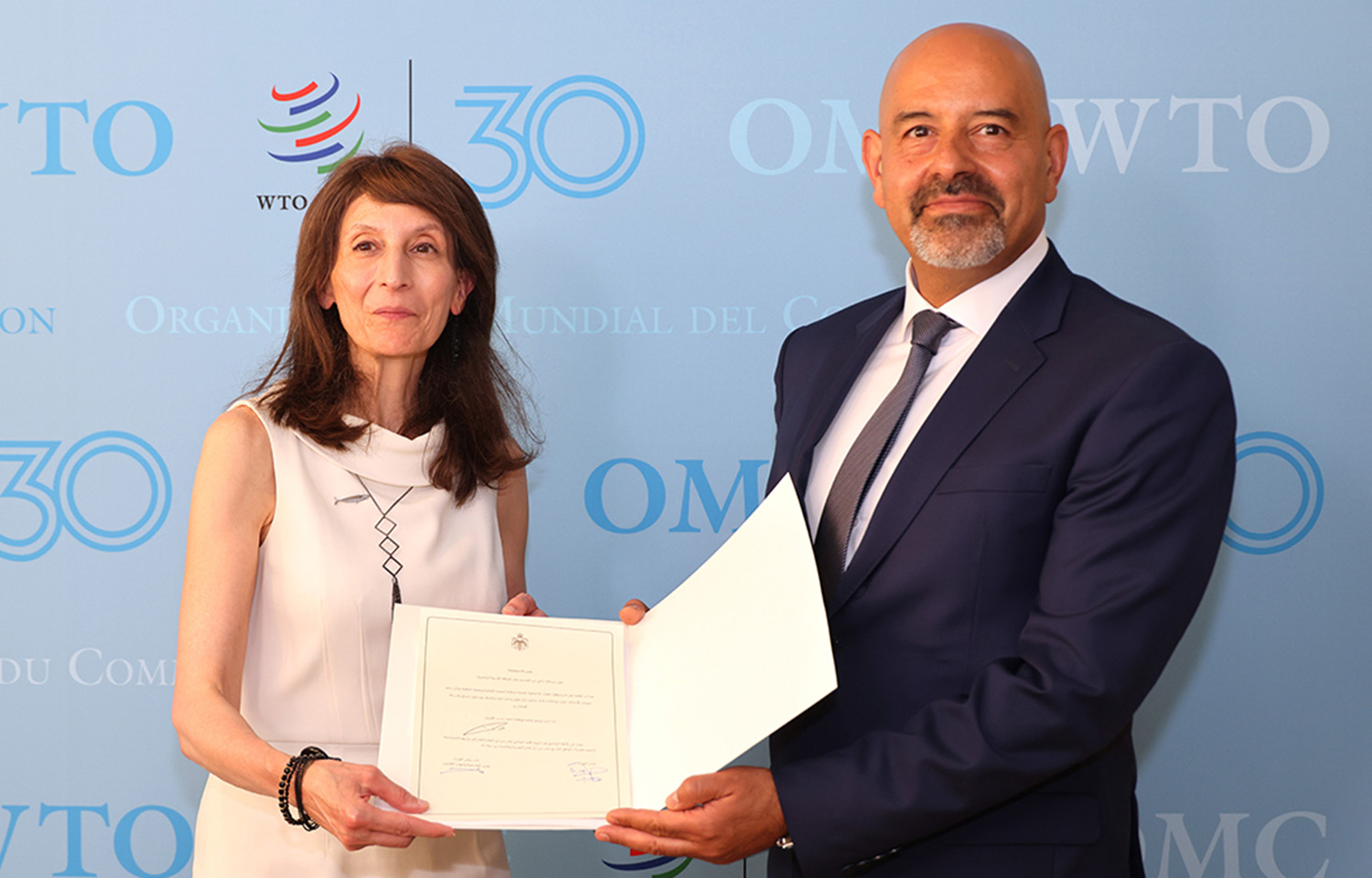A major fissure has emerged in the negotiations at the World Trade Organization on fishery subsidies.
The latest attempt to get a deal over the line fizzled at the WTO General Council Meeting from 22 to 23 July in Geneva, Switzerland, after India blocked progress on a deal due to claims it will place an unfair burden on developing countries.
Negotiations to end subsidies that lead to overfishing and overcapacity in fishing fleets are now in recess until late September. But, the possibility of a deal is in doubt after the Indian WTO delegation sought to reintroduce points thought previously settled.
U.S. WTO Ambassador Maria Pagán said she is “deeply concerned” about the future of the talks after India declined to support a deal.
“We find it difficult to understand the objectives of these papers when they reintroduce topics that have been debated and discussed repeatedly … and found no support among the vast majority of members,” Pagán said in a statement.
India has claimed the draft deal on the table will harm poorer fishermen, warning it won’t be able to support 100 million Indian fishermen living below the poverty line under the proposed wording in the draft deal. Bangladesh and Indonesia have backed India’s position but have not made the issue a deal-breaker.
India also wants payments made by states for fishery access agreements to be classified as subsidies and brought under the remit of the WTO talks.
“Large industrial fishing nations, which have historically contributed to the depletion of global marine resources – not just in their waters and on the high seas but also in the exclusive economic zone (EEZ) of other countries where they have access arrangements – should shoulder a greater share of the responsibility than states that have not contributed in the same way,” the delegation said in an 11 July communication.
India’s WTO representatives have likewise continued to call for a 25-year moratorium on subsidies paid by major distant-water fishing nations like China and the European Union, but the proposal has failed to draw widespread support.
The E.U. has criticized India’s approach, saying the country is reintroducing issues already discussed and resolved in earlier rounds of negotiations.
“We will never succeed in concluding the negotiations if one seeks disciplines and obligations to apply to others and exemptions and carve-outs for oneself!" E.U. WTO Ambassador João Aguiar Machado said in a statement. "In the meantime, fish stocks continue to suffer, and the WTO is unable to deliver on [U.N.] Sustainable Development Goal 14.6.”
In one bright spot for the negotations, on 23 July, Jordan deposited its instrument of acceptance to the 2022 WTO Agreement on Fisheries Subsidies, bringing the total number of WTO members that have formally accepted the deal to 81, with 29 more needed for it to come into effect.
"We all know it may not be the only step needed to move forward, but we're still working on a better future," Jordan WTO Ambassador Walid Obeidat said in a press release. "Trade for Jordan, which is a small developing country, is very important. Being part of a larger membership of partners and seeing eye to eye on fisheries, among other things, is a very important matter to Jordan. I am very happy that I have managed to deliver on the [Jordan] Minister of Trade and Industry's promise on ratification and on the government of Jordan's willingness to move forward by presenting this ratification today.”
Benin and Sierra Leone ratified the 2022 deal on 19 July and Comoros and Timor-Leste followed on 22 July.








